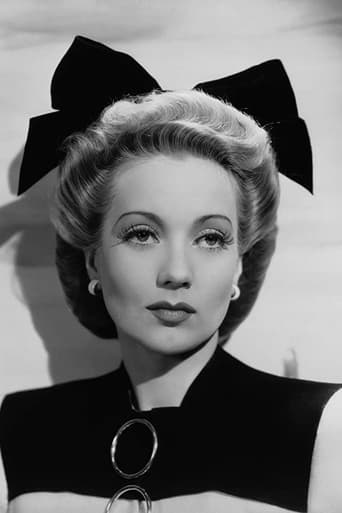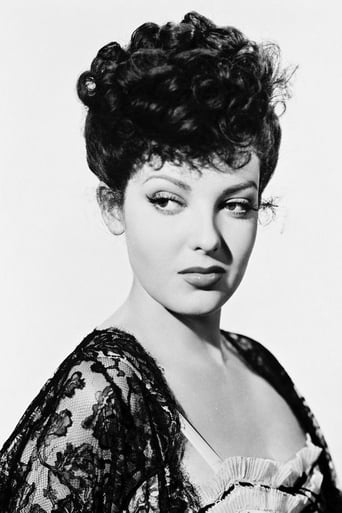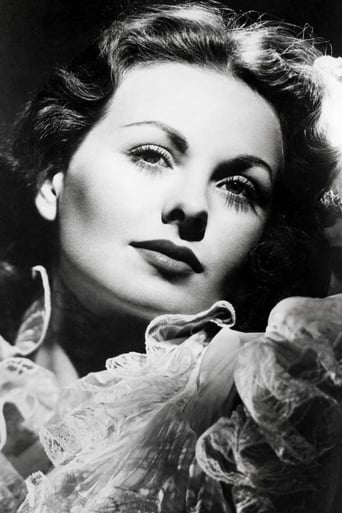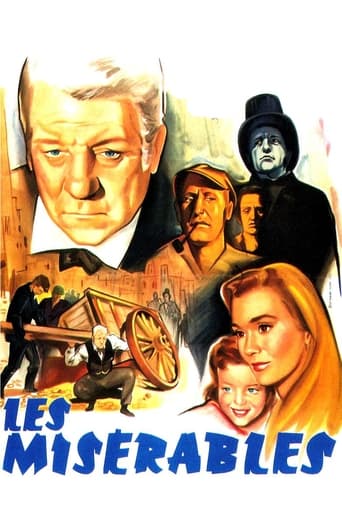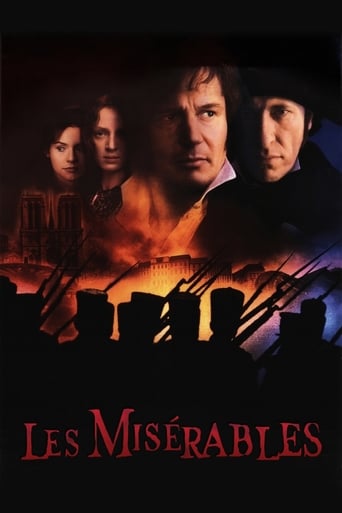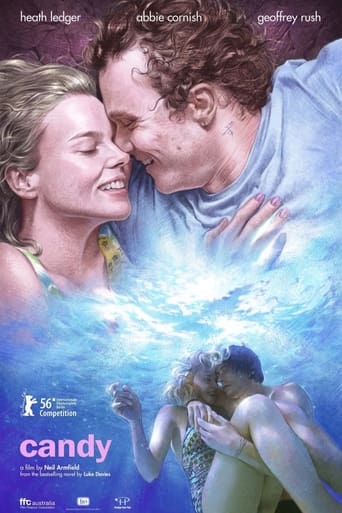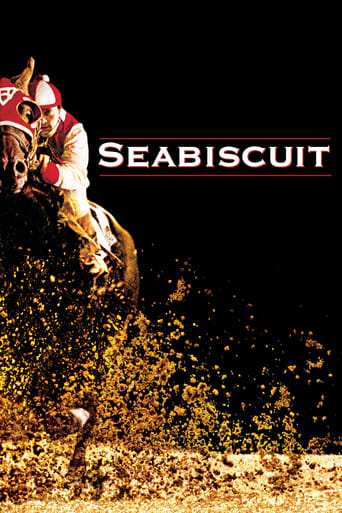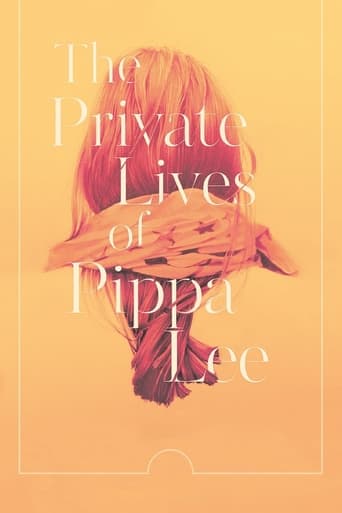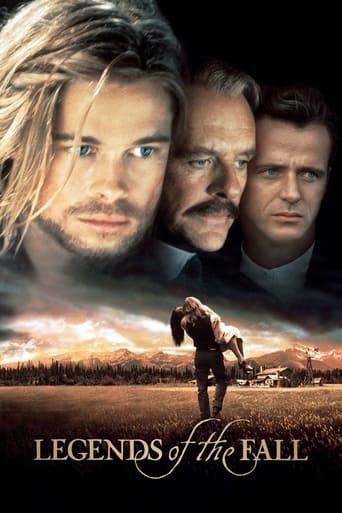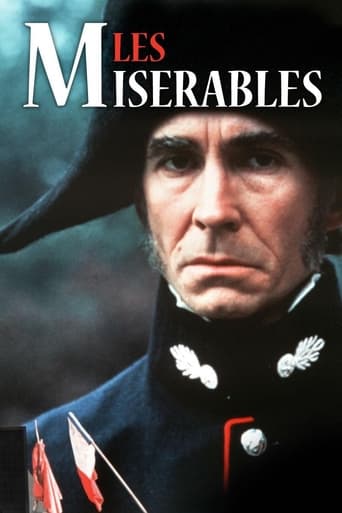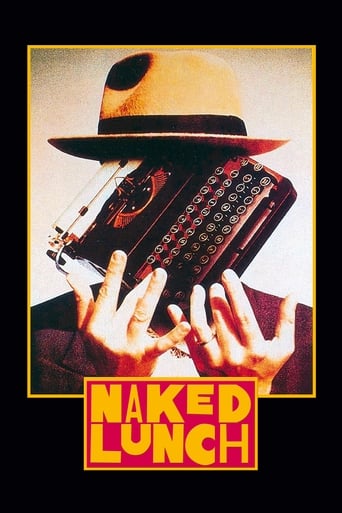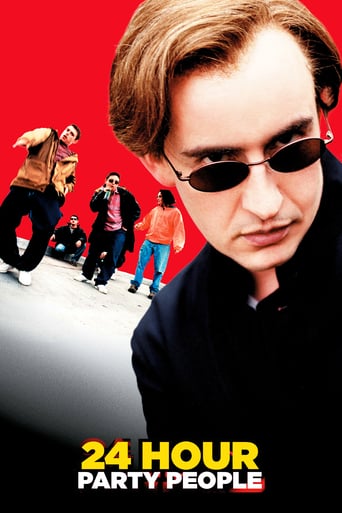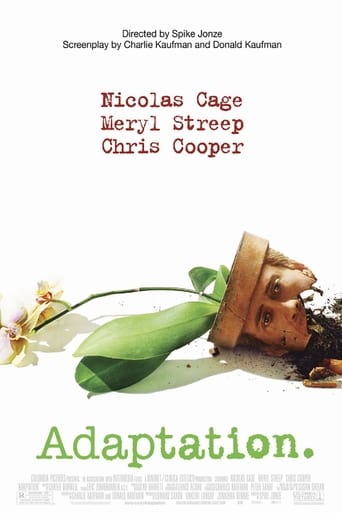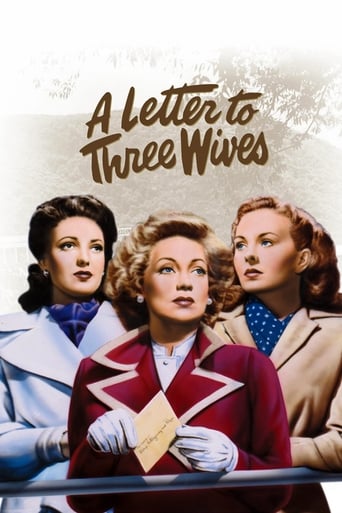
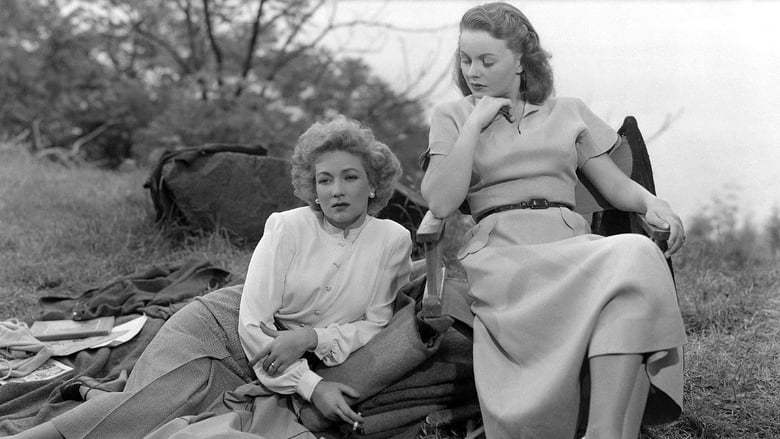
A Letter to Three Wives (1949)
A letter is addressed to three wives from their "best friend" Addie Ross, announcing that she is running away with one of their husbands - but she does not say which one.
Watch Trailer
Cast


Similar titles
Reviews
I've always found this movie rather overrated.First, Addie Ross herself sounds like a vain and tiresome woman, and it is impossible to imagine her, as presented, getting involved with either Jeffrey Lynn or Paul Douglas. Nor is it possible to imagine any of them leaving their law practice/tenured position/retail chain and houses and running away with Addie. Why? when she's already right there in town? (Now running away with Linda Darnell ... maybe.) The actual letter itself is merely bad manners on an epic scale, and not at all what one would expect this self-confessed paragon to be up to.The first act, with Lynn and Jeanna Crain, is very over-written: again, it is impossible to believe in Jeanne Crain being so gauche after just finishing several years in the Navy, from whence one would expect her to come out pretty brisk, and certainly self-confident, and the silly business with the silly flower on the silly dress is high-school stuff. The second act is merely preposterous, starting with the very idea of Kirk Douglas being married to Ann Sothern, continuing with Sothern doing what she does for a living while Kirk does what he does for a living, and terminating with the ludicrous concept of entertaining the sponsor, which would be smoothly handled by the network management, not left as a risk in a college town home with a mad professor running amok. Again, this act is badly over-written, and the sponsor and her bad behaviour are beyond parody. And Kirk should already know better than to play his precious Brahms 78 (?) to the sponsor.The movie only really gets going in Act 3 with Paul Douglas and Linda Darnell going at it hammer and tongs. Darnell is priceless ('it's not a drive in') as the small-town bombshell, and all the family stuff is very well done.There are other good moments in the film, such as the terrible picnic, the terrible country club, and aspects of the small town setting, but overall it's a long wait for the fun to start. Until then, credulity is strained at every turn, and the talking never ceases.
Where to begin. I'd really rather not give away too much of the story-lines in this one because it's so enjoyable experiencing each in its own right. It's safe to read this and the next paragraph if that's what you decide for yourself. Joseph L. Mankiewicz not only won the Best Director Oscar for this film, but the Best Writing, Screenplay statuette as well. The picture itself was also nominated, losing to All the King's Men (1949). Mankiewicz would win these same two Oscars the following year with the Academy Award winning Best Picture All About Eve (1950); it features an outstanding cast, just like this one.After a brief introduction to two of the wives (Jeanne Crain and Ann Sothern), during which we learn all is not perfect in suburbia (e.g. their marriages), the third (Linda Darnell) joins them at the beach where they're about to embark on a ferry to an island for their community's day-long 18th Annual picnic together. However, just as they're about to board, a messenger arrives with a letter addressed to the three of them from an unattached "high class" socialite, whom had been expected to join them and, whom also has a history with each of their husbands. After debating whether to open it or not, they decide to do so. The letter is then voice-over read to "us" by Celeste Holm, whose voice appears uncredited as the aforementioned woman, Addie Ross. In essence, it says that she has just run off with one of their husbands! They then gaze longingly at the telephone booth on the docks as their ferry boats departs for the island, with them aboard (I guess this story wouldn't work as well in the age of cell-phones).We then learn about the wives' relationships with their husbands, each other and Ms. Ross, in a series of three flashbacks, one for each couple but which also includes the others as well (except for Ms. Ross whom, though we never see her, is involved or offstage in each of them). Crain was a small town girl who met and married the town's "high class" man (Jeffrey Lynn), whom she met while they served together in the Navy (during the war?). He'd always been expected to come home and marry Ms. Ross. This is the shortest of the three segments, and it basically consists of Crain being so scared of meeting her husband's established clan of country club friends, that she gets drunk and embarrasses herself during the event.The second flashback further introduces us to Sothern and her husband (Kirk Douglas). She brings home the bacon as a writer for a radio program, the newest rage, while he's a highly educated school teacher (interesting role for Douglas, eh?). They have twin children, who are never seen such that we don't know if they're boys or girls, and a hired cook (played deliciously, as always, by the marvelous Thelma Ritter, uncredited). She's prepared the home cooked meal for a big invite evening with Sothern's boss, appropriately named Mrs. Manleigh (Florence Bates), who runs roughshod over her husband (played by another great character actor, Hobart Cavanaugh). Darnell and her husband (Paul Douglas) are also dinner guests. There are a series of unfortunate events which lead to a row between the couple after their guests have left. The dialogue in this segment is particularly sharp and poignant. Carl 'Alfalfa' Switzer also appears briefly, and uncredited, as a messenger boy.The third segment details how the "other side of the tracks" Darnell hooked her "working class" successful business owner husband by playing "hard to get". Douglas's character had been previously married, and originally just wanted to "fool around" with his employee Darnell. This is probably the least interesting of the segments, you've seen it all before or since, but it does involve some noteworthy performances by Ms. Ritter (again), Connie Gilchrist as Darnell's Irish mother, and Barbara Lawrence as her baby sister.The influence of Ms. Ross "over" the husbands is felt by the wives in all three segments, though more strongly in some versus others. However, Mankiewicz's direction is much too clever to reveal the identity of the wayward husband ... and it would spoil it if I revealed any more!
A letter is addressed to three wives from their "best friend" Addie Ross, announcing that she is running away with one of their husbands: but she does not say which one.Wow. You got me. We have a series of wives who are all jealous of Addie Ross, for reasons both good and bad. She has run off with one of their husbands, or so she claims... but which one? Each man seems to have a reason to be attracted to her. What follows is a great series of twists and turns... and a great younger performance from Kirk Douglas.In 1985, the film was remade into a television movie of the same name starring Loni Anderson as Lora Mae, Michele Lee as Rita, Stephanie Zimbalist as Debra, Charles Frank as Brad, Michael Gross as George and Ben Gazzara as Porter. Ann Sothern also appeared as Ma Finney. While I have not seen this one, and I admire Gazzara, surely this can't be as good.
I was drawn into watching this movie because it was a mystery. Three wives get a letter from a woman saying she left town with one of their husbands, yet all 3 have to spend the day on a boat full of poor kids wondering via flashbacks if it was their husband. It seemed to be a unique spin on the classic 40's mystery. Actually more unique than I first thought.Of course there was the 40's stereotypes, when women were "broads" and men were "big gorillas" or "mugs". And of course, both sexes were always dressed to the teeth. But if this portrayal of the high life in the 40's were accurate, the entire generation would have died before 1950 of alcohol poisoning from drinking martinis every few minutes, or of lung cancer from chain smoking filterless cigarettes.But as I continued to watch, the first thing I noticed was "one of these things is not like the others". That being the casting of Paul Douglas as one of the husbands. 3 woman, considered hot by 40's terms and one of their husbands looks like Larry, Moe and Curly's dad? Seriously miscast and a blaring flaw in the believability of the film. I get that she married him for his money, but Moe's dad? Not buying it.Then, it got really strange. Suddenly, during the flashbacks, you hear sound effects that sound exactly like the auto-tune effect used by today's pop stars. At first I thought I was imagining it, or maybe somebody slip acid into my coffee. But there it was, auto-tune in a 40's flick, apparently achieved via "talk box", which I thought wasn't available till Walsh and Frampton used it in the 60's. Anyway totally unexpected, yes, ahead of it's time, but at the same time extremely freaky.But the plot drags along until you lose track of how many cigarettes and martinis are consumed. You keep waiting for one of the wives to call their husband a "big lug"... or for one of husbands to say "why I oughta" or "why you" and give Paul Douglas a double eye poke or maybe hit him in the head with a lead pipe followed by a boink sound effect. Better yet a boink sound effect using auto-tune.Then as the story winds down in eager anticipation awaiting to find out which big lug left his wife to run away with some unknown dame who only has a name, you pretty much know the ending. But at the same time you never really know due to the vagueness of Moe's dad. Was he making up his confession to cover for who they led you to believe it was? Or, was he really just a "big gorilla" whose dame (aka:broad) forgave him? The world may never know (or be able to consume that amount of alcohol and nicotine) but the glass that falls over for no reason and breaks at the end may only help add to the mystery rather than solve it.


